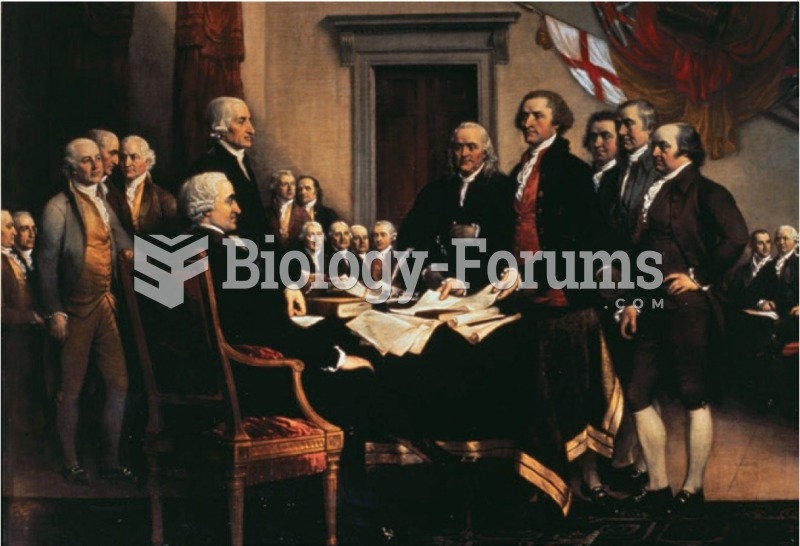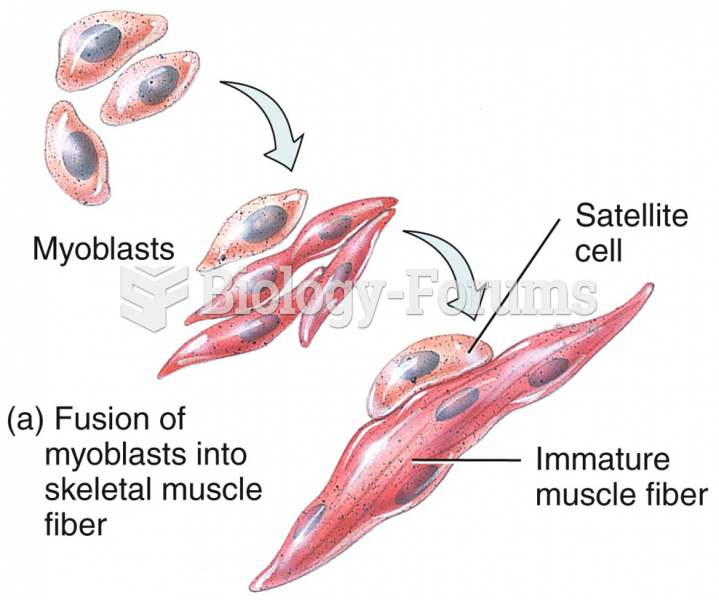This topic contains a solution. Click here to go to the answer
|
|
|
Did you know?
HIV testing reach is still limited. An estimated 40% of people with HIV (more than 14 million) remain undiagnosed and do not know their infection status.
Did you know?
Eating food that has been cooked with poppy seeds may cause you to fail a drug screening test, because the seeds contain enough opiate alkaloids to register as a positive.
Did you know?
Thyroid conditions may make getting pregnant impossible.
Did you know?
Serum cholesterol testing in adults is recommended every 1 to 5 years. People with diabetes and a family history of high cholesterol should be tested even more frequently.
Did you know?
Not getting enough sleep can greatly weaken the immune system. Lack of sleep makes you more likely to catch a cold, or more difficult to fight off an infection.
 This chart shows the various lines of responsibility and how they differ in presidential and parliam
This chart shows the various lines of responsibility and how they differ in presidential and parliam
 The Ku Klux Klan forces John Campbell, a black man, to beg for his life in Moore County, North Carol
The Ku Klux Klan forces John Campbell, a black man, to beg for his life in Moore County, North Carol





